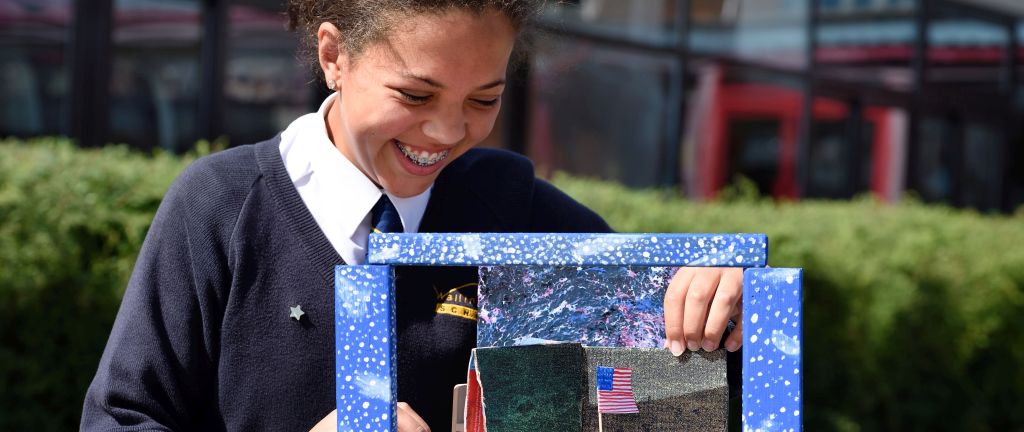
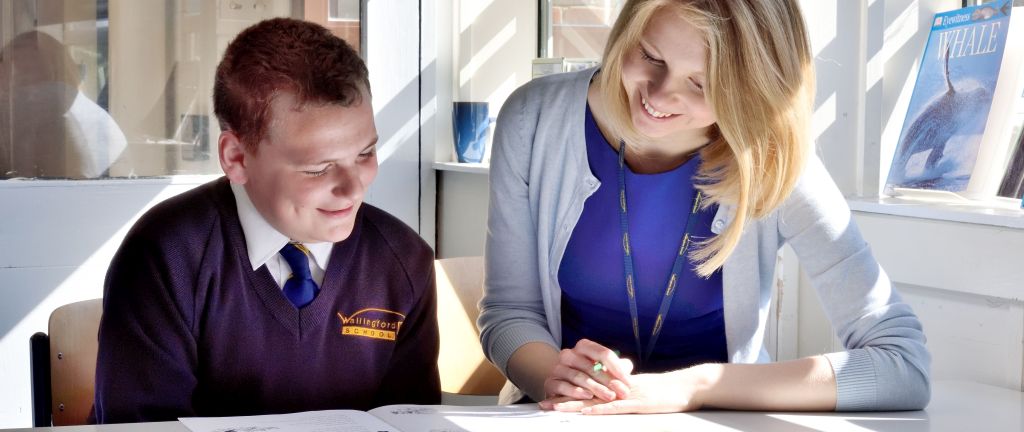
This week we are announcing the winners of our STARS awards. This is probably our most important programme and the one we enjoy watching students receive most. If your child comes home with one it really is something of which you can be very proud. In order to put it in context we would like to outline the various programmes we run at Wallingford.
One of the things we are most proud of is the sense of community we create in school. It is a real achievement that staff here can teach children together of all backgrounds and levels of ability, most often in the same classes. This is principally through great teaching but we recognise that students have different needs and require some intervention and experience outside the classroom to help them achieve their potential and feel the school is trying to meet their needs.
The students who seem to thrive and achieve via our core delivery are those of average academic potential and above. As they constitute the greater number lessons tend to be pitched at this range and differentiated from there. Results for this cohort are always strong, they enjoy school and almost always get results that enable them to go on and make the difference in life of which they are capable.
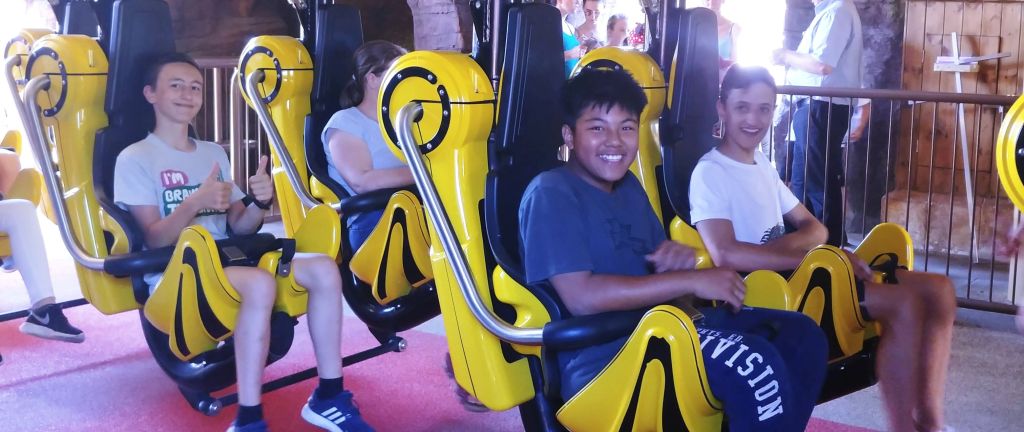

The first group that need more bespoke provision are those with Special Educational Needs or Disabilities (SEND). The ability of students in this group can vary but they all need some help to access school and ensure they are successful and happy. There is money for them from government, though this has been cut in recent years. We have always supplemented their provision because we feel it is right. Part of their provision is experiences off-site, including at least one residential, where they enjoy the feeling of being a distinct group and we can work on those things they enjoy that unite them. They are a great group of young people with lots to offer.
We also have a separate unit called Reflex that helps us to look after young people with behaviour that makes them a challenge in school at times. They are terrific young people too. To sit with one for ten minutes is to see their worth and why their families love them. It just doesn’t work to have them in classrooms with their peers all the time. There is a dedicated group of people who work with them in Reflex, with a view to helping them cope and develop the skills that will enable them to contribute to society positively when they leave. This group also have trips to put them in social settings and allow the students and staff to enjoy each other’s company without the drive to complete academic work.
Talented students are tricky because their needs are so specific, so we ask departments to look after them and support families if their talent is so strong it has to be developed by professionals outside school. This can mean allowing performing artists time to work on productions, take part in competitions or to attend auditions. In sport we allow time off school to train or compete and sometimes a student needs a personal timetable over a number of years to attend an academy for a couple of days per week.
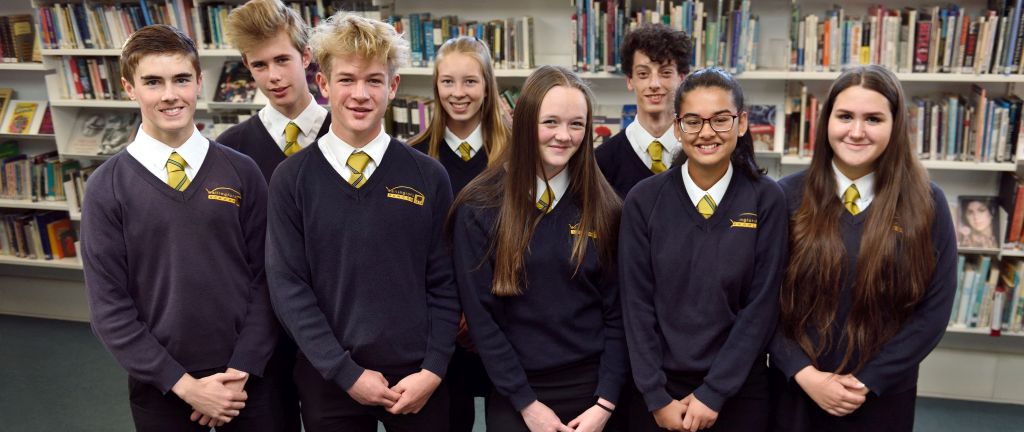
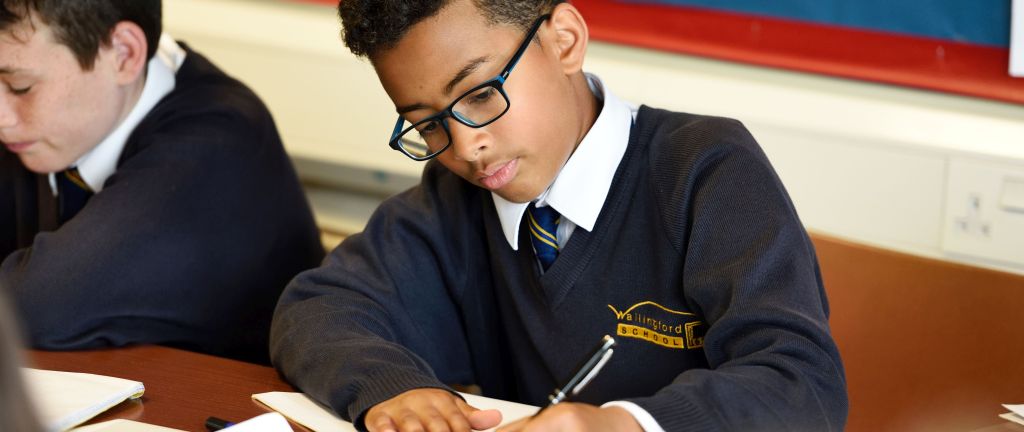
For leadership we have a programme that runs from Form Representative, through Prefect in Year 11 to School Officer in Sixth Form.
Scholars (those who are able across the traditional academic subjects) are a little more straightforward. We try hard to ensure they are challenged as much in class as the majority but recognise that sometimes they have to help others catch up or wait a little for the section of the lesson that suits them best. They also need to develop skills to take the next steps in their lives that are less immediately relevant to other students, and which are not attainable by all. For this we have a scholars’ programme, which is designed to offer them a chance to think and talk, as they might do in a top stream, while able to enjoy education and friendship with students who operate very differently from themselves.
In Key Stage 4 we also run separate schemes for young people who we worry may fall short without a little extra help. This can vary from one year to another, but in the past has involved boys and/or girls of middle or low ability and those from families who qualify as Pupil Premium.
Overlaying this is the PiXL Edge Programme. This is a national scheme that recognises Leadership, Organisation, Resilience, Initiative and Communication. We are working on upgrading this to something that allows students who qualify for the STAR Programme to take a little more control over their personal growth and determine for themselves when they win an award.
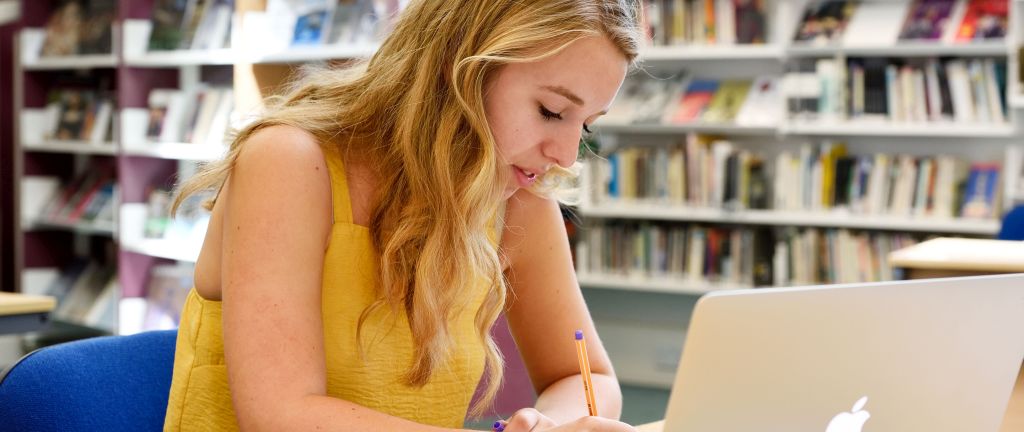
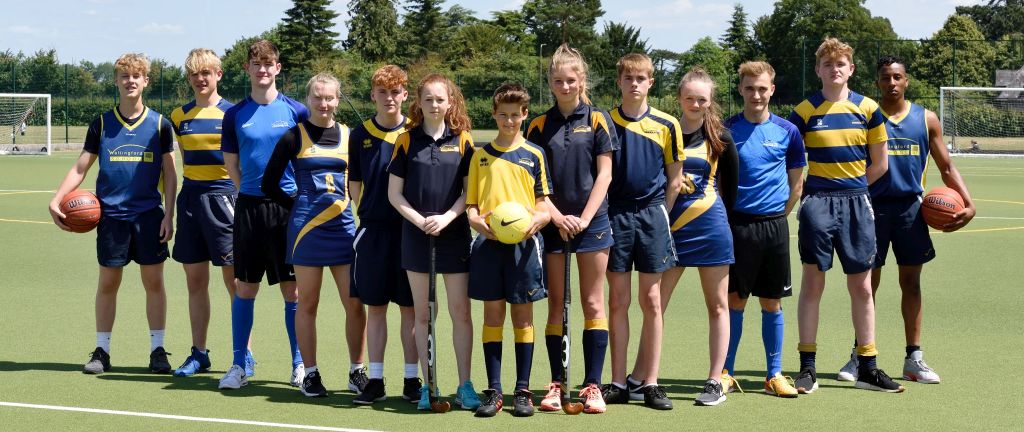
The STARS are particularly important to us because they are the young people who try to do everything right all of the time, or who are making an outstanding effort in at least one area of school.
Winning a STAR award is important and we are keen to see this as our acknowledgement of decent future citizens. Although SEND, Reflex and Scholars students may qualify for a STAR award, we don’t allow those on the Scholars’ Programme to win STARs because their provision involves going off-site a little more often and it doesn’t feel fair to have these two ways to qualify. We hope they understand. A STAR prize involves public acknowledgement for achievement and a treat of some description, as well as a day at a theme park in the summer.
The aim is to keep everyone together as much as possible, while ensuring each child gets something to ensure they know we are meeting their needs and value their efforts. Sometimes people are a little unsure when their own child is not included in a particular programme or overlooked in a round of awards, which is understandable. We know we are lucky to work in a school that represents the whole community and want each family to see that if a student is not a STAR this time and is not yet on another scheme their day will come.
